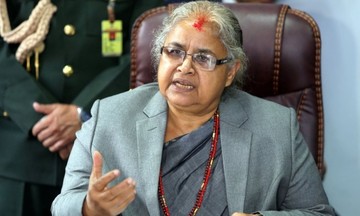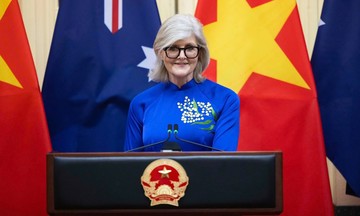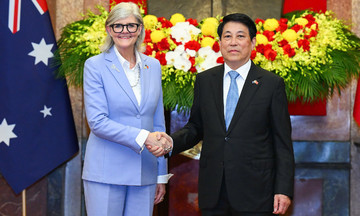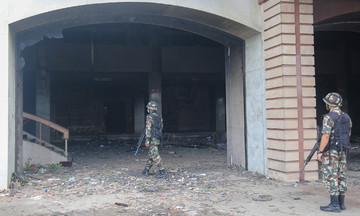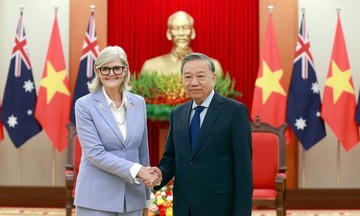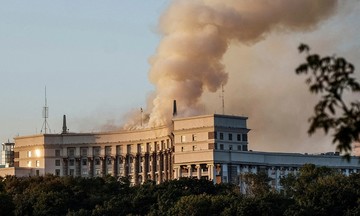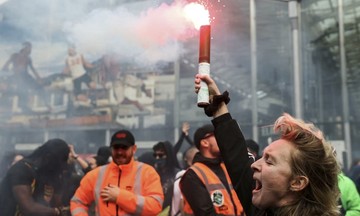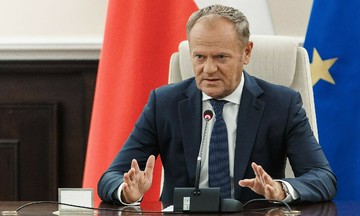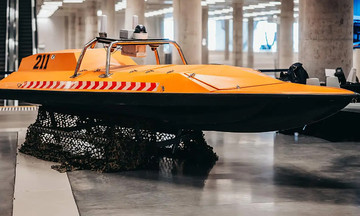On 2/9, the US military destroyed a suspected drug boat in the Caribbean, killing 11 alleged members of Venezuela's Tren de Aragua gang. This marked the first time the US military has used such tactics in the region.
US Foreign Minister Marco Rubio declared that Washington would continue this aggressive strategy against drug trafficking. "For years, the US has gathered intelligence to intercept drug shipments, but this approach has been ineffective. The only way to stop them is to blow them up, destroy them," he said.
Analysts see this action as a decisive but concerning escalation in the US approach to Latin American crime.
"The US is reapplying the concept of the war on terror to new targets. Now they're saying the terrorists are in the Caribbean, in America's backyard, and they're drug traffickers," said Brian Finucane, senior advisor for the Americas program at the International Crisis Group.
"Drug boat" from Venezuela destroyed by the US military on 2/9. Video:TruthSocial/realDonaldTrump
This campaign appears to have its roots in President Donald Trump's first term when he considered airstrikes on drug production facilities in Mexico.
Shortly after Trump's return to the White House in January, his administration designated several Latin American gangs as "foreign terrorist organizations." However, experts argue this designation doesn't authorize unilateral military action by the US president.
Finucane views the 2/9 attack as the latest US attempt to "shift public perception" of Latin American criminal gangs. These groups, previously seen as profit-driven, are now being framed as foreign entities threatening US national security.
This messaging echoes Trump's portrayal of undocumented immigrants as "dangerous violent criminals," which fueled the deployment of the National Guard and federal agents to several cities.
Finucane argues that the US is using military force "ostentatiously and without justification" to address law enforcement issues. "For decades, the US Navy and Coast Guard have intercepted boats, apprehended suspected smugglers, and pursued prosecutions. They didn't do that this time. Blowing up the boat without investigation or search is completely unnecessary," he stated.
US Secretary of Defense Pete Hegseth on 3/9 accused the Tren de Aragua gang of "seeking to poison America" with drugs. He asserted that the US government knew the identities of those on board but provided no details about the attack. He also claimed the group was attempting to bring drugs into the US.
However, Foreign Minister Rubio later stated the targeted boat was headed to Trinidad and Tobago and "nothing could stop them except sinking the boat and eliminating the drug traffickers." The reason for this discrepancy among senior US officials remains unclear.
Experts believe drug gangs are not the sole target of this campaign. "I think they want to send a bigger signal to governments in the region, especially Mexico," said Nathan Jones, a drug policy researcher at the Baker Institute for Public Policy in Texas.
Jones noted that Mexican President Claudia Sheinbaum's administration has recently sought to balance cooperation with the US and protecting national sovereignty. In August, Sheinbaum declared she would "not allow any violation" from the US, following reports that Trump had authorized the military to target certain Latin American gangs.
A day after the boat attack, Rubio met with Sheinbaum in Mexico, where they agreed to increase cooperation against drug gangs. "They don't want US military action on their territory. So, they will take positive steps to show the Trump administration that Mexico is doing everything it can to address the problem," Jones explained.
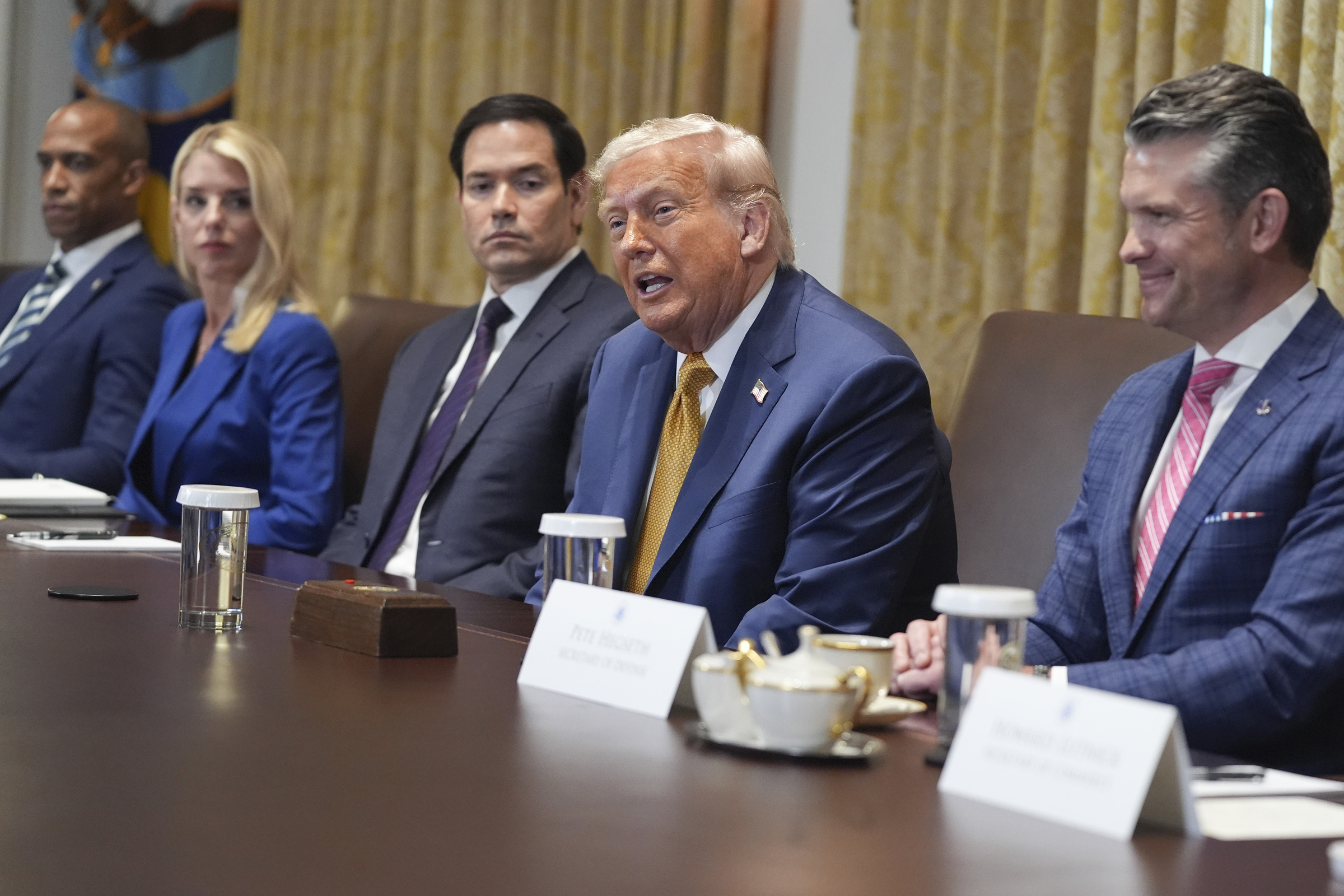 |
President Donald Trump at a cabinet meeting at the White House on 8/7. Photo: AP |
President Donald Trump at a cabinet meeting at the White House on 8/7. Photo: AP
The 2001 Authorization for Use of Military Force (AUMF) empowers the US president to use "all necessary and appropriate force" against entities and individuals behind the 9/11 terrorist attacks.
However, experts argue the AUMF's authority doesn't extend to the Tren de Aragua gang, even with its terrorist designation by the US government.
The US Constitution's war powers authorize the president to use armed forces against "belligerents," not criminal suspects.
"Drug suspects can't be considered belligerents or enemies of the US in war. If they don't fall under the laws of war, they are civilians. Targeting civilians is a war crime," Finucane concluded.
Thanh Tam (Al Jazeera, CNN)



